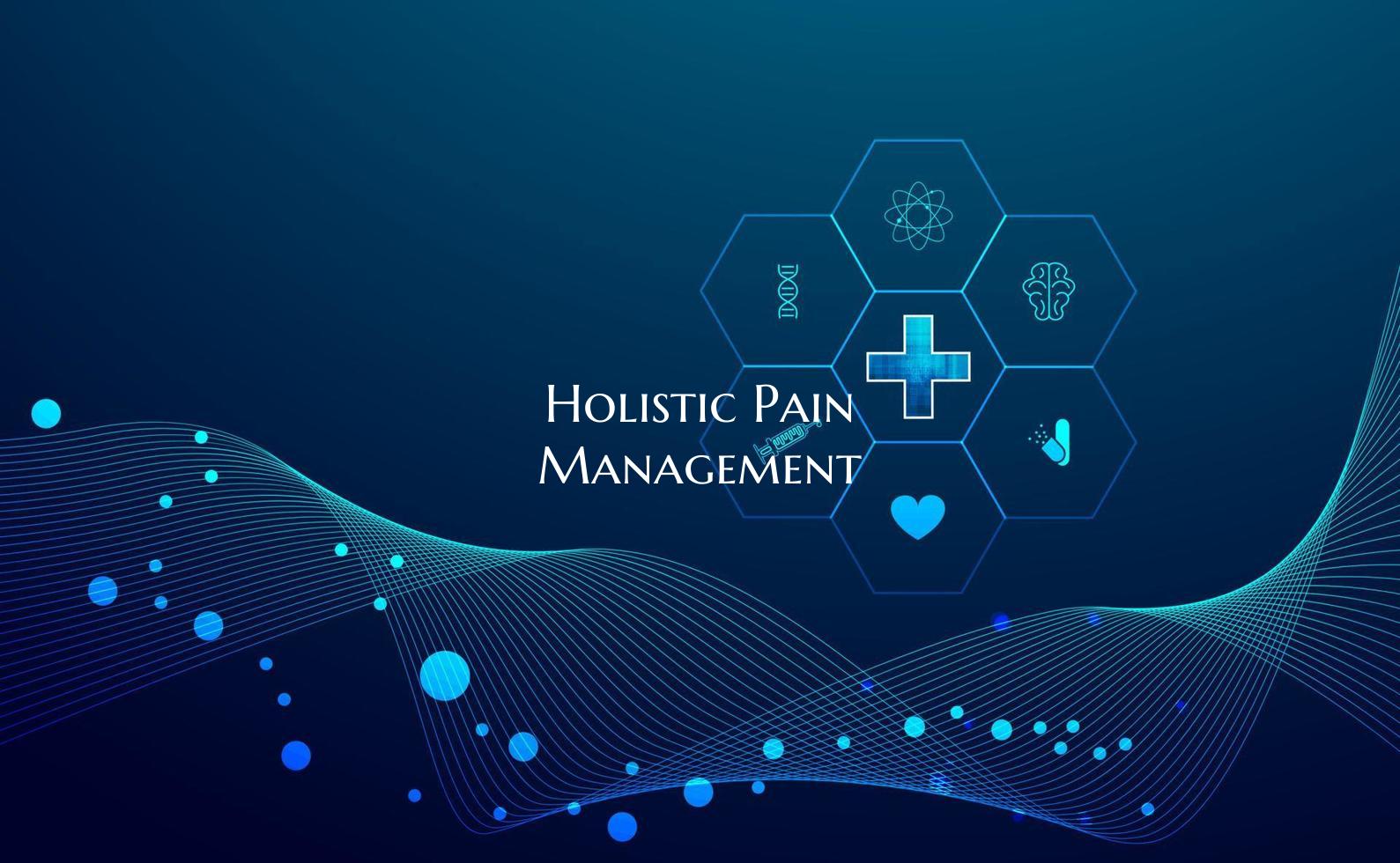
Holistic Pain Management
Holistic Pain Management: A Comprehensive Approach to Well-Being
Pain is a universal human experience, and managing it effectively is crucial for maintaining a good quality of life. While traditional medical interventions like medication and surgeries are commonly used to address pain, more and more people are turning to holistic pain management approaches that not only target the physical symptoms but also consider the emotional, mental, and spiritual aspects of pain.
Holistic pain management is a comprehensive approach that recognizes the interconnectedness of the body, mind, and spirit. Rather than just treating the symptoms, holistic pain management focuses on addressing the root causes of pain to promote overall well-being and health. This approach often involves a combination of conventional and alternative therapies tailored to individual needs.
One of the key components of holistic pain management is lifestyle adjustments. This may include improving diet and nutrition, incorporating regular exercise, practicing stress reduction techniques such as yoga or meditation, and ensuring an adequate amount of rest and sleep. By taking a holistic approach to pain management, individuals can promote overall physical health and reduce the impact of pain on their daily lives.
In addition to lifestyle changes, holistic pain management may also incorporate alternative therapies such as acupuncture, massage therapy, chiropractic care, and herbal remedies. These modalities can help alleviate pain, reduce inflammation, improve circulation, and promote relaxation, all of which contribute to a greater sense of well-being and pain relief.
Furthermore, addressing the emotional and mental aspects of pain is crucial in holistic pain management. Techniques such as cognitive-behavioral therapy, mindfulness-based stress reduction, and relaxation exercises can help individuals manage pain more effectively by changing their perception and response to it. By addressing the psychological impact of pain, individuals can experience reduced suffering and improved coping skills.
Spiritual practices can also play a role in holistic pain management by providing individuals with a sense of purpose, meaning, and connection to something greater than themselves. Whether through prayer, meditation, or engaging in activities that nurture the spirit, spiritual well-being can contribute to pain relief and overall resilience in the face of chronic pain.
In conclusion, holistic pain management offers a comprehensive and integrated approach to addressing pain that goes beyond just the physical symptoms. By considering the interconnectedness of the body, mind, and spirit, individuals can achieve better pain relief, improved well-being, and a higher quality of life. Embracing a holistic approach to pain management empowers individuals to take an active role in their health and healing journey.